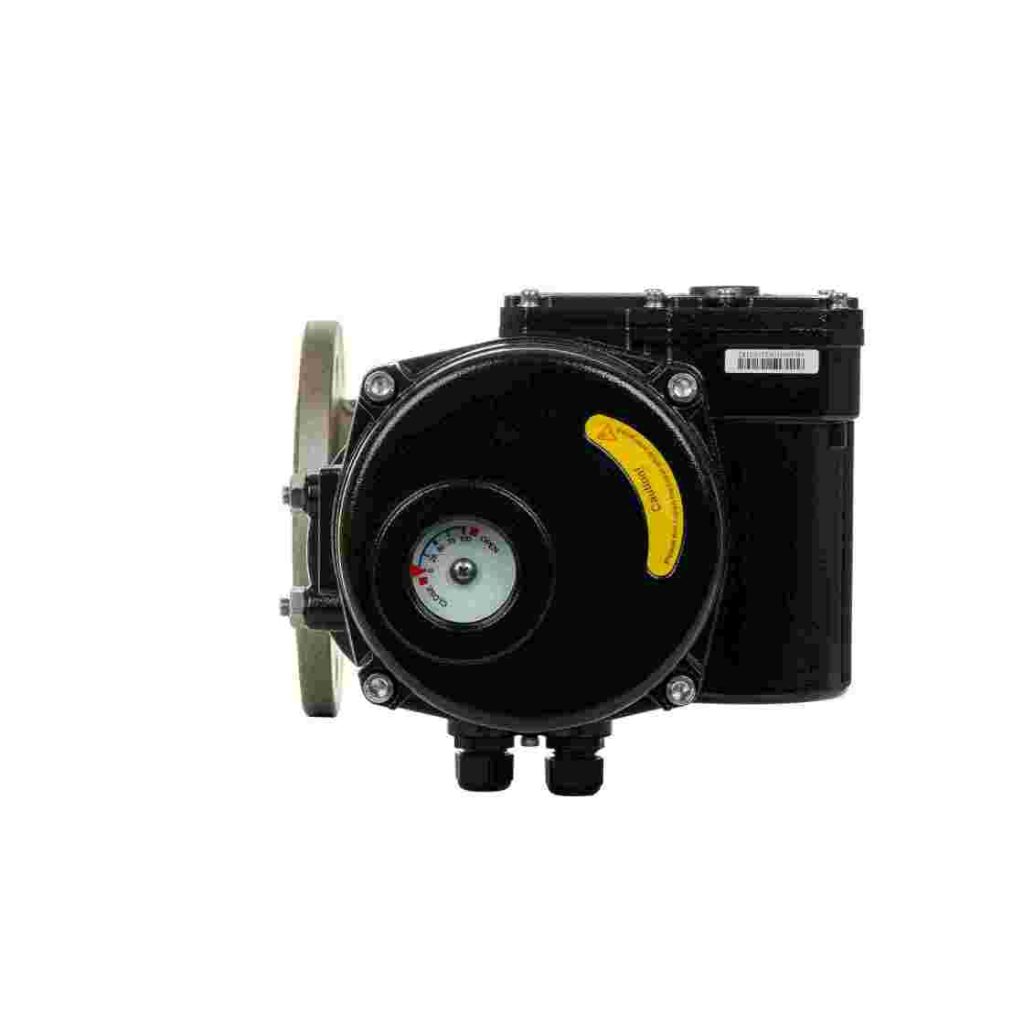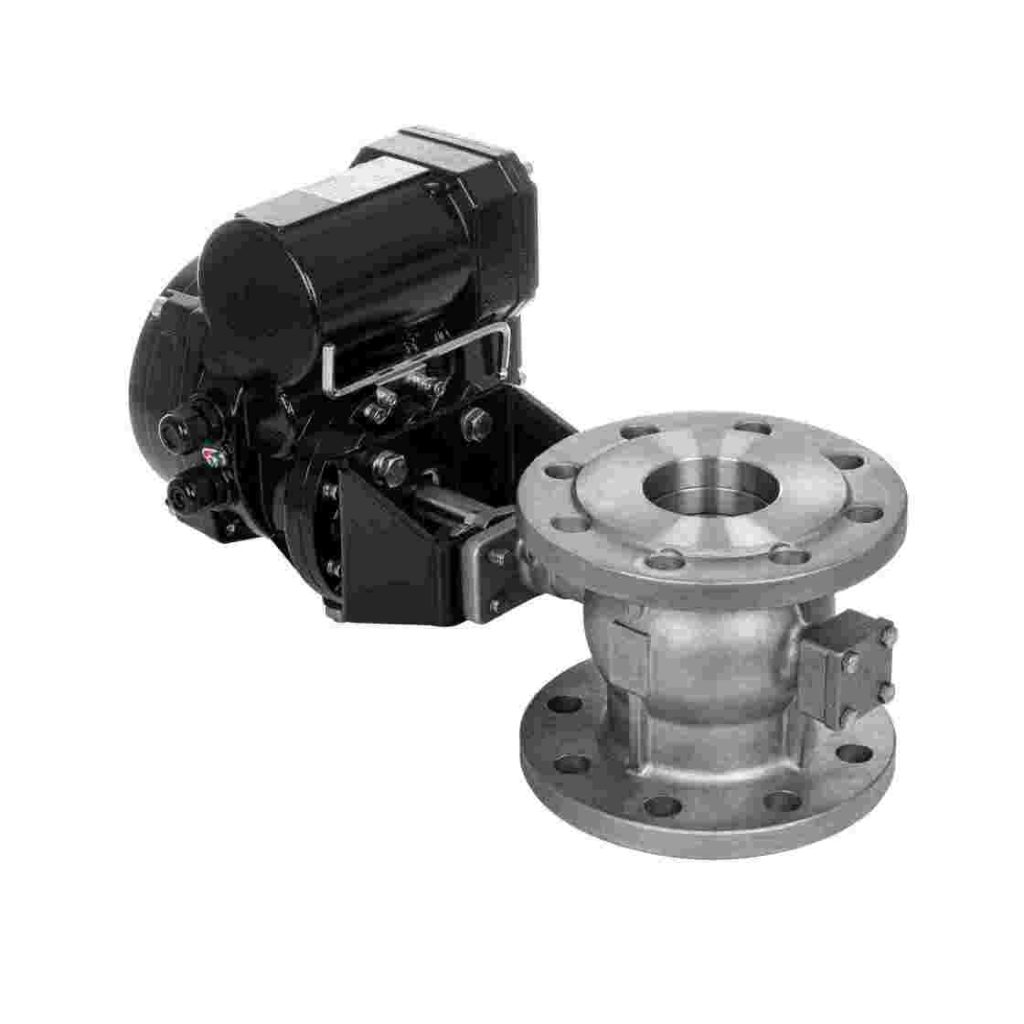As the world seeks alternatives to fossil fuels in a bid to mitigate climate change and foster sustainable energy systems, hydrogen energy is emerging as a promising solution. Hydrogen, when used as a fuel, produces only water vapor as a byproduct, making it a clean and efficient energy carrier. However, for hydrogen to be effectively harnessed and utilized, the integration of advanced systems such as hydrogen energy electric valves is crucial. These valves play a vital role in regulating the flow of hydrogen gas within various applications, ensuring safety, efficiency, and performance in hydrogen energy systems.

Understanding Hydrogen Energy and Its Potential

Hydrogen energy involves the use of hydrogen gas as a fuel for various applications, including power generation, transportation, and industrial processes. Hydrogen fuel cells, which combine hydrogen with oxygen to generate electricity, are widely considered a key technology for sustainable energy. Hydrogen-powered vehicles, for example, are seen as a cleaner alternative to conventional gasoline and diesel-powered vehicles, producing zero emissions and offering long driving ranges with quick refueling times. Despite its promise, hydrogen energy faces several challenges, particularly in terms of storage, transportation, and the efficient management of gas flows. One of the critical components in hydrogen energy systems is the electric valve, which controls the flow of hydrogen gas, ensuring that it is safely delivered to where it is needed, whether in fuel cells, pipelines, or storage tanks.

Leave a Reply